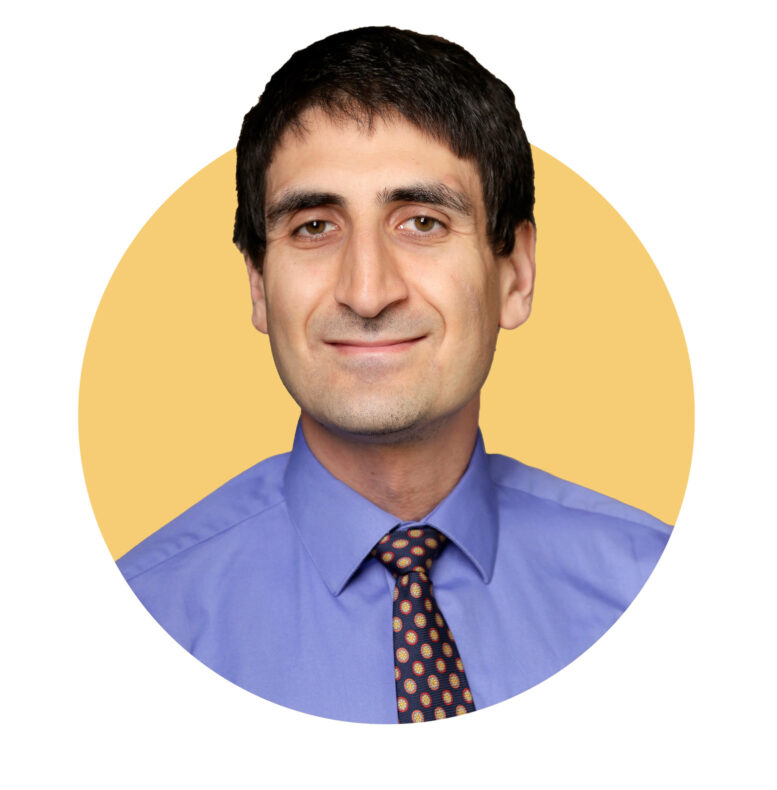
Vanderbilt-Ingram Cancer Center is committed to doing more than treating patients with the latest advancements in cellular therapies. Its physician-scientists are focused on expanding their use for more types of cancer and improving response rates among patients.
Andrew Jallouk, MD, PhD, assistant professor of Medicine, is a translational scientist committed to hastening the progression of laboratory discoveries into better treatments for cancer patients. After finishing an undergraduate degree in biomedical engineering and chemistry from Vanderbilt University, he then obtained a dual MD/PhD degree from Washington University in St. Louis followed by a clinical fellowship at MD Anderson Cancer Center in Houston, where he conducted clinical and laboratory research on the use of engineered cellular therapies for lymphoma. He was recruited to Vanderbilt-Ingram in 2023.
Q: Can you describe the role of a translational scientist in the medical realm?
A: Historically, there have been clinical investigators that run clinical trials, and there have been physician-scientists who work in the lab. That’s been great, but what this field needs are people who can speak both languages and really bring the two together. That’s what we are trying to do.
Q: What’s the next step for the advancement of cellular therapies?
A: With cellular therapies, we take the immune cells out of the patient, reprogram them and then put them back in. What’s really unique about this is the manufacturing step. If the treatment doesn’t work for some patients or is not working as well as we would like, we can figure out what’s going on there and then make tweaks during the manufacturing process to improve the therapies. What fascinates me about this technology is the bench-to-bedside (science lab progression to clinical use) and back to bench perspective. We’re putting these cellular therapies into patients, and we can see what’s happening — what is going well and what is not going well; what are the toxicities and how can we avoid these toxicities. We have a lot of ability to then feed that information back into the lab, optimize our manufacturing, optimize our patient selection and really try to make things better.
Q: What you’ve described is CAR-T therapy or chimeric antigen receptor T cell therapy. Isn’t that primarily for blood cancers?
A: There are no CAR-T cells approved for any solid tumors right now. There are other therapies called TIL therapies or TCR therapies. One of those, TIL, has just been approved for melanoma, and there’s a TCR therapy that’s been approved for synovial sarcoma. They all fall within the realm of immune therapies, where you’re using cells to fight cancer. The issue with that historically has been that solid tumors have a hostile tumor microenvironment, so it’s been hard to develop immunotherapies that overcome that.
Q: How much does your training as a biomedical engineer play into what you do?
A: I think it helps in terms of speaking both languages. I have a lot of great scientific training and give a lot of credit to my mentors, both in undergraduate and graduate school and throughout my training. The engineering background has really made it easy to pick up the concept of cellular engineering and the technologies that are associated with that. The PhD work that I did gave me a lot of experience and insight into various laboratory techniques, so it’s made it easier to keep doing what I’m doing on the laboratory end even when I have responsibilities on the clinical end as well.
The post Translational scientists aim to improve cellular therapies appeared first on VUMC News.



